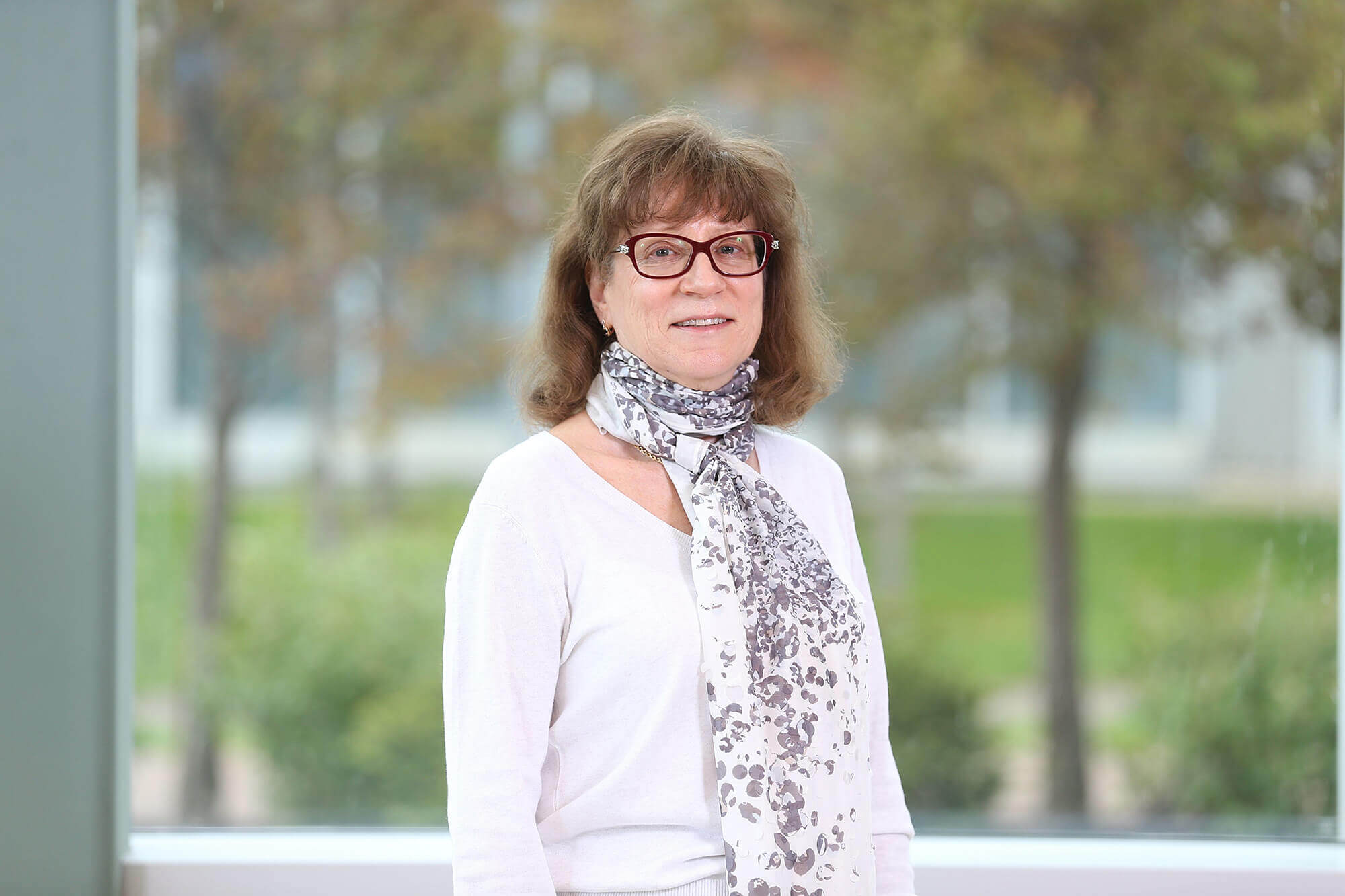Purdue scientists nail down important plant compound pathway
Purdue University plant molecular biochemist Natalia Dudareva and colleagues have described a complete second pathway used by plants to produce phenylalanine, a compound important for all living organisms.
Phenylalanine is a building block of proteins and the precursor to thousands of compounds. Plants use these compounds as aromatics to attract pollinators, for defense, reproduction, growth and development. Humans must get phenylalanine from plants, and they also use natural products derived from this compound in flavors, fragrances, biofuels, insecticides and pharmaceuticals.
It had long been accepted that plants employ one biological pathway to produce phenylalanine, but this did not explain all observed production of the compound. Dudareva, a Purdue distinguished professor in the Department of Biochemistry and researcher in the Purdue Center for Plant Biology, recently discovered the final step in the alternative pathway. Now she, along with graduate student Yichun Qian and research scientist Joseph Lynch from her lab, and collaborators John Morgan and his student Longyun Guo from Purdue’s Davidson School of Chemical Engineering, have identified remaining steps, completing the picture.
The key finding, reported in the journal Nature Communications, is that the entire process happens in the cytoplasm rather than cell organelles called plastids.
“It splits completely at a different point than predicted, and the whole pathway is localized in cytoplasm. This was unexpected,” Dudareva said. “The gene responsible for the committed step has been known for 20 years and was never, until now, considered to be involved in production of phenylalanine.”
Phytochemicals derived from phenylalanine are thought to have uses for a broad range of cancer treatments, as well a pain management, depression and Parkinson’s disease, among others. Obtaining these compounds from plants has been difficult because of several tightly regulated steps that occur when the phenylalanine precursor is made in the plastids of cells. By uncovering this second pathway in cytoplasm, which is less stringently controlled, biotechnological methods for enhancing yield of phenylalanine can be developed.
“A next step will be to use this newly discovered pathway with relaxed regulation to produce more phenylalanine and phenylalanine-derived compounds, which we may explore in future,” Dudareva said.
The National Science Foundation and the U.S. Department of Agriculture’s National Institute of Food and Agriculture supported this research.







